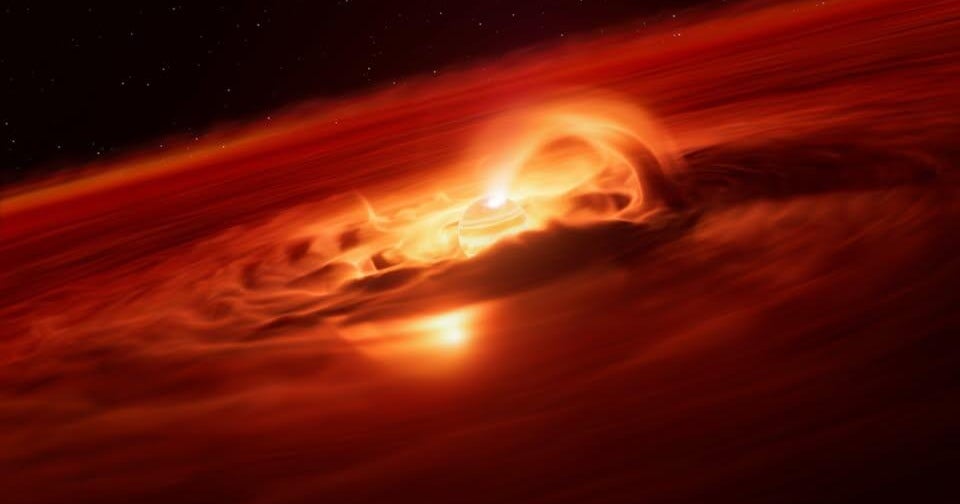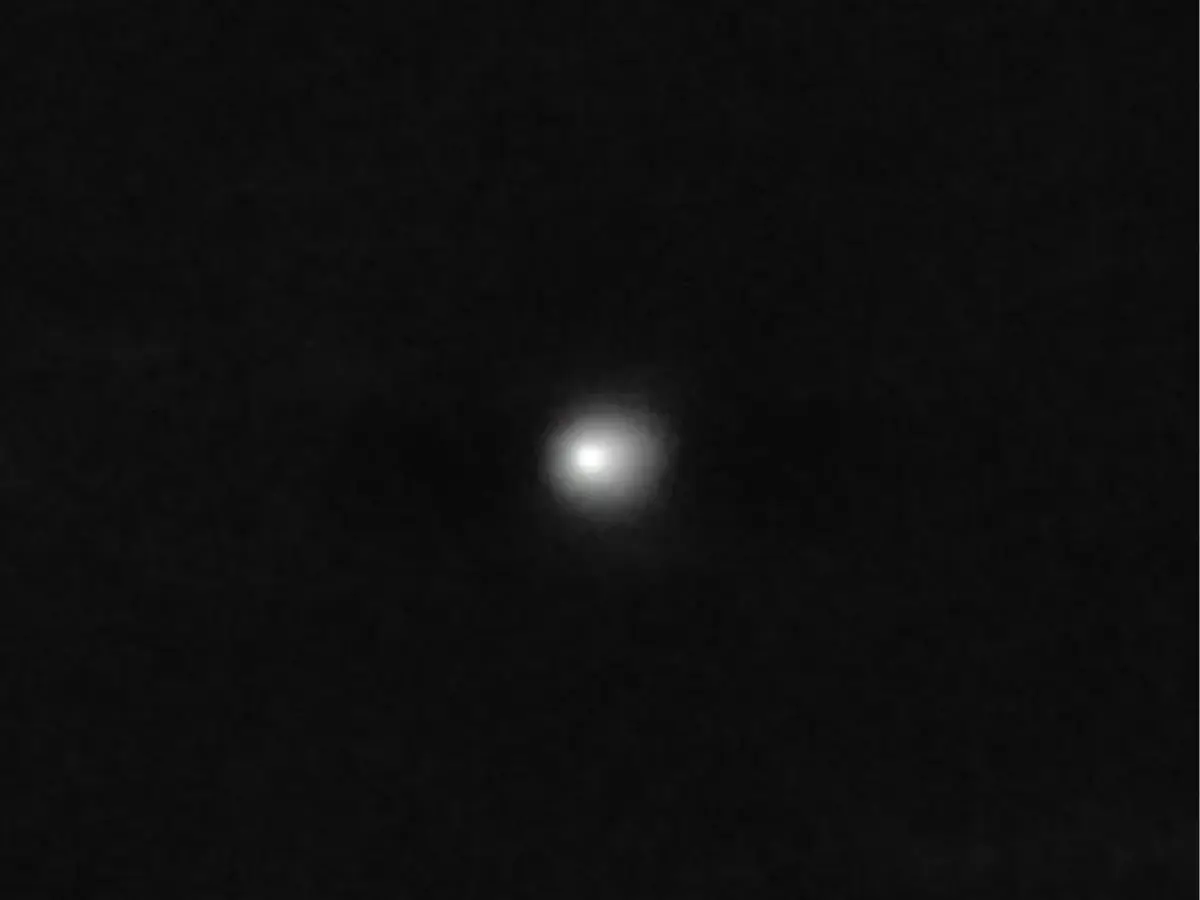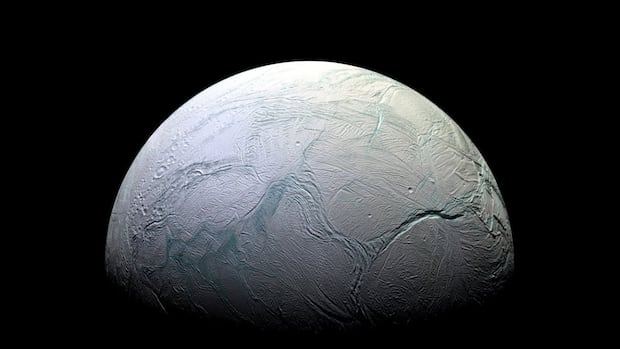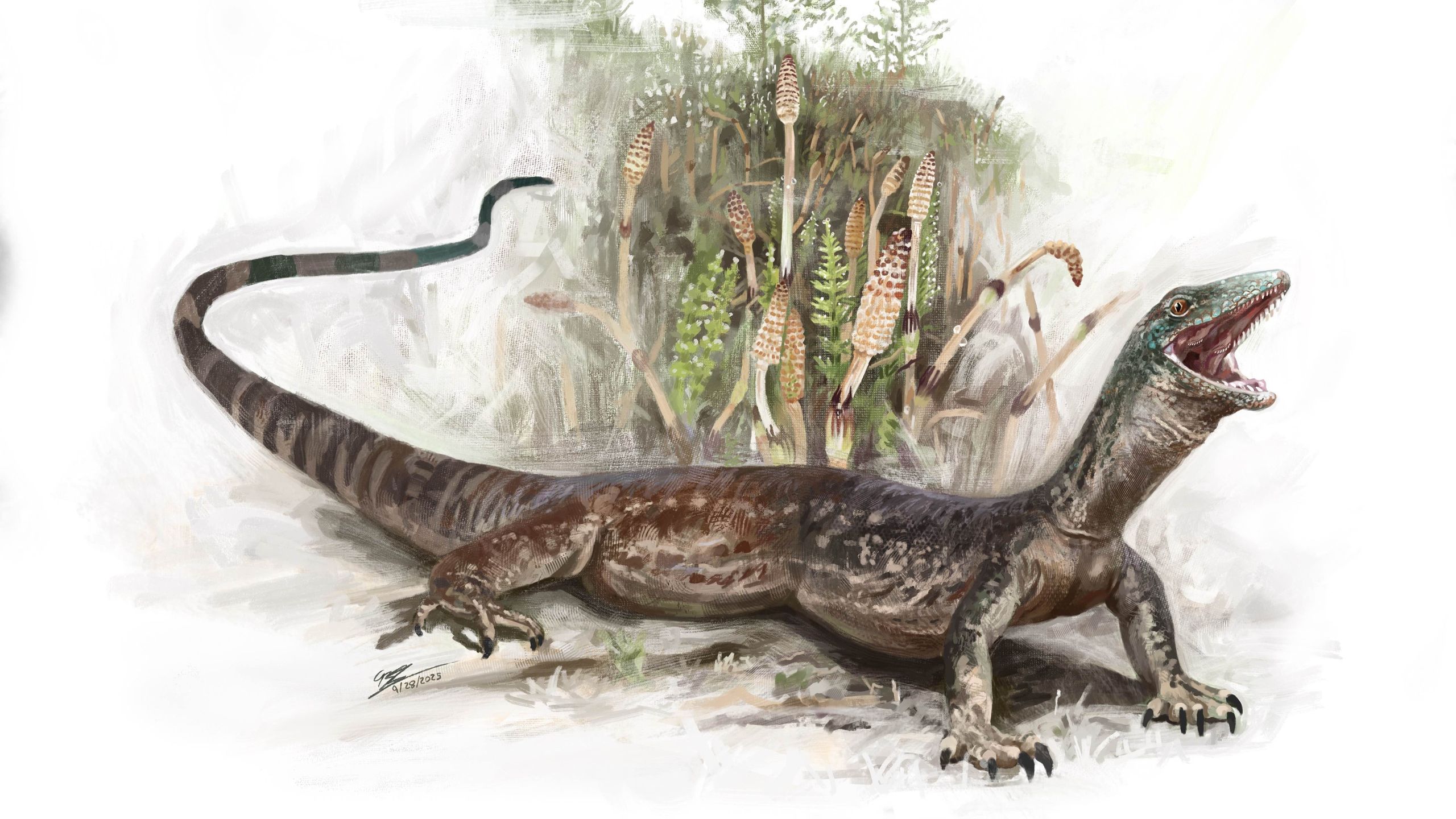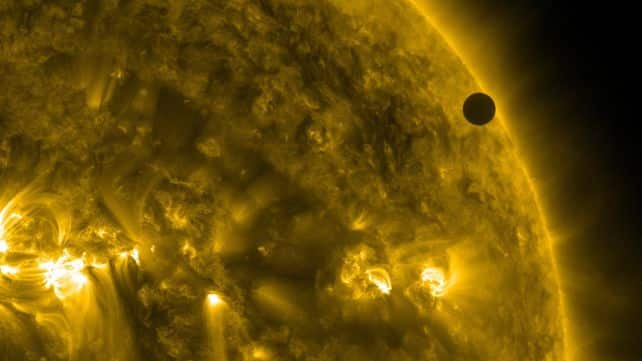Were Humans Born in Asia? Shocking Discovery Reshapes Our Evolution Story!
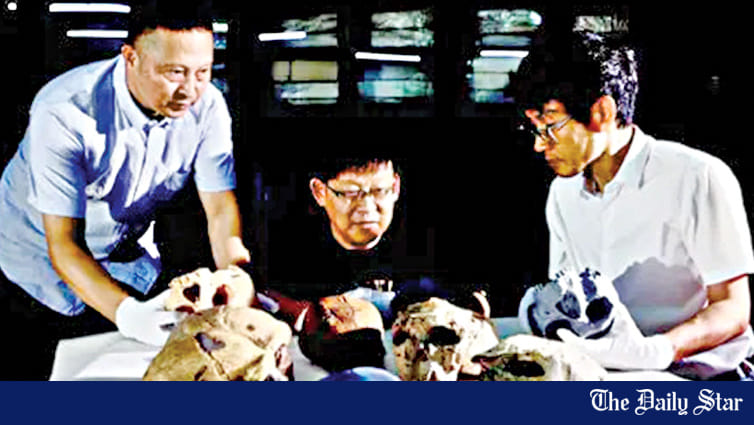
Have we been wrong about human evolution all along? A groundbreaking study suggests that our ancestors might have branched off from ancient relatives a staggering 400,000 years earlier than previously believed—and in Asia, not Africa!
This revelation comes from the advanced digital reconstruction of a million-year-old skull found in China back in 1990. Scientists are now claiming that this discovery could help clear up the confusing "Muddle in the Middle" of human evolution, a long-standing debate among researchers.
The skull, known as Yunxian 2, was once classified as belonging to Homo erectus, an early human ancestor. However, cutting-edge reconstruction technology has unveiled characteristics that align more closely with species thought to have emerged much later, like Homo longi and even our own Homo sapiens.
Chris Stringer, an anthropologist with the Natural History Museum in London and part of the research team, commented, "This changes a lot of thinking." He explained that this indicates our ancestors had already begun to split into distinct groups by one million years ago, suggesting a more intricate evolutionary story than we’ve been taught.
This new perspective could imply that earlier versions of both Neanderthals and Homo sapiens existed much sooner than we thought. Michael Petraglia, director of Griffith University’s Australian Research Centre for Human Evolution, warned that these findings challenge the long-held belief that early humans primarily originated from Africa. "There’s a big change potentially happening here, where East Asia is now playing a very key role in hominin evolution," he stated.
The research, which appears in the prestigious journal Science, employed state-of-the-art CT scanning and virtual reconstruction methods to create a detailed model of the Yunxian 2 skull. Researchers compared their findings to over 100 other specimens, resulting in a model that features a unique blend of traits. Some aspects align with Homo erectus, like a protruding lower face, while others suggest an increased brain capacity reminiscent of Homo longi and our modern species.
As we navigate this rapidly evolving narrative of our origins, one thing is clear: the story of human evolution is far more complex—and fascinating—than we ever imagined!












